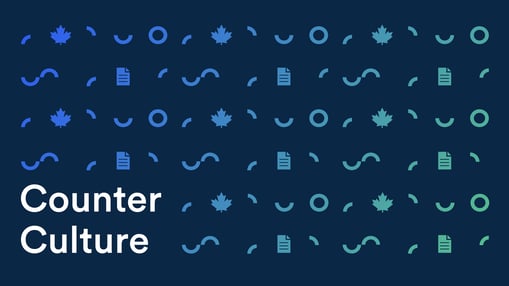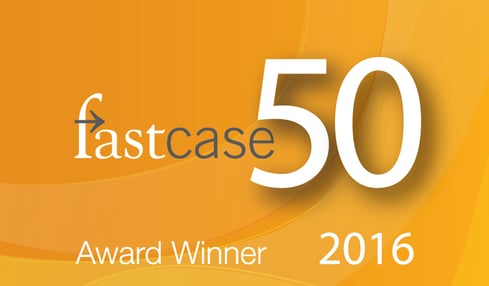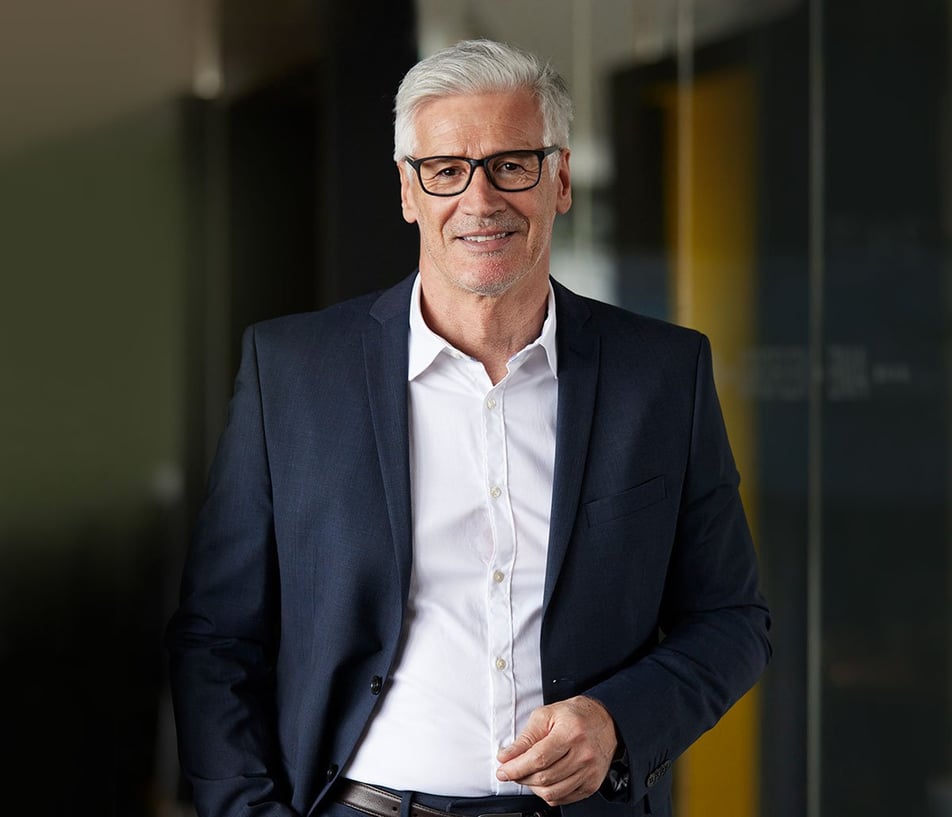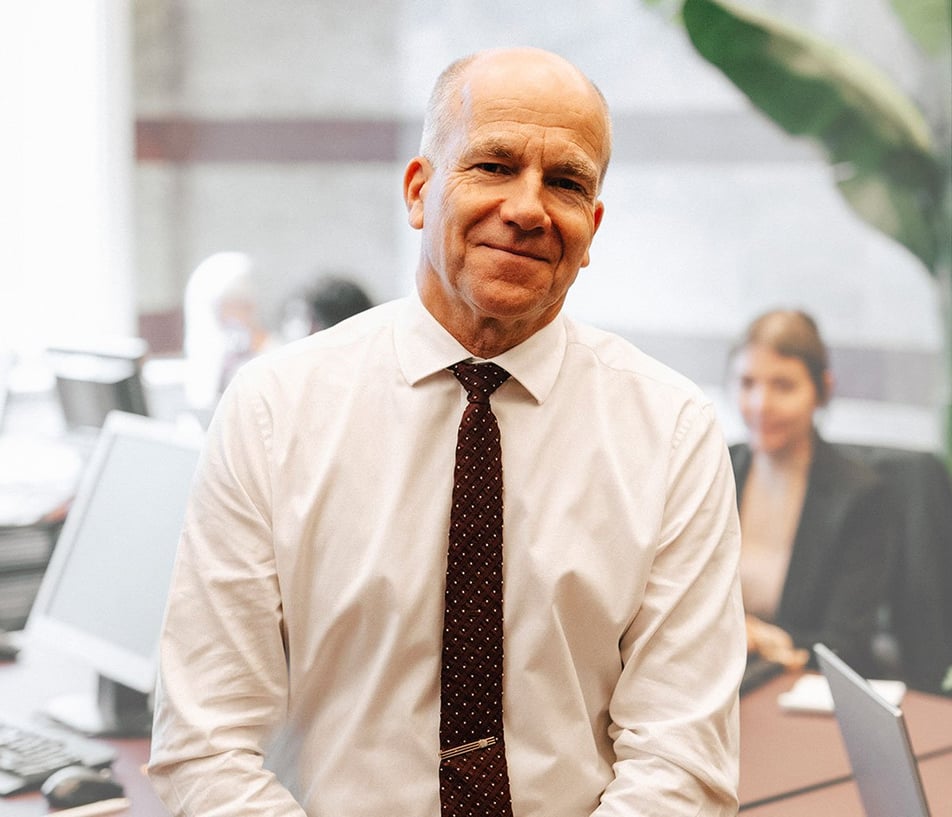May 9, 2024 11:45:00 AM - When I entered Counter LLP’s office, I met lawyers dedicated to achieving excellence in tax litigation. As an Articling Student, I’ve valued the consistent support from the team of tax litigators. I’v...

May 9, 2024 11:45:00 AM - When I entered Counter LLP’s office, I met lawyers dedicated to achieving excellence in tax litigation. As an Articling Student, I’ve valued the consistent support from the team of tax litigators....

May 9, 2024 11:45:00 AM - When I entered Counter LLP’s office, I met lawyers dedicated to achieving excellence in tax litigation. As an Articling Student, I’ve valued the consistent support from the team of tax litigators. I’v...

Feb 9, 2022 11:37:41 AM - I suspect you started your legal career with the same expectations I had. You expected to spend a lot of time drafting countless legal research memoranda. And I imagine you spent way more hours than y...

Guest: Jamie Gardiner

Jun 7, 2021 4:13:34 PM - As first-year law students, we wanted to develop the skills necessary to become successful lawyers. In doing so, we would also connect our classroom learning and previous professional experience to wh...

Guest: Rebecca Kacaba , Mat Goldstein

Guest: Mark Le Blanc

Guest: Bill Henderson

Jun 6, 2019 12:43:41 PM - I quit my job at KPMG Law to work at Counter. I assume that you’re reading this article because you’re thinking about doing something similar.


Guest: Quinn Ross

Oct 6, 2018 1:01:57 PM - We’re driven to build the law firm that we want to see in the world. A law firm that that delivers what entrepreneurs actually need.

Guest: John Chisholm

Guest: Alma Asay

Guest: John Grant

Jul 27, 2018 5:00:38 PM - A few months ago, Counter asked me to reflect on my recruitment experience and why I chose to spend my 2L summer with them. I wrote “The Environment that Will Grow Tomorrow’s Best Litigators”. I am no...

Jul 27, 2018 4:59:09 PM - I might break the internet if I tried to tell you everything that I learned during my year of articling at Counter. No two weeks are the same. I can do a million things or dig into a couple of large t...

Guest: Aly Haji

May 28, 2018 5:00:00 AM - null

Guest: Ron Friedmann

Mar 14, 2018 1:11:03 PM - As a 2L law student looking at my career options and the future of law, I found myself less interested in Bay Street and more interested in working at a top boutique law firm. After all my research an...


Guest: Tania Sulan , Naomi Loewith

Guest: Lena Koke

Guest: Mitch Kowalski

Guest: Jack Newton

Aug 15, 2017 5:39:21 PM - We’re hiring for a 2L summer student, and we really want the right one. We could simply tell you that our firm is great and you should trust us with your career but, instead, we’re going to do this ot...

Guest: D. Casey Flaherty

Jul 25, 2017 9:06:11 AM - My first day at Counter Tax Lawyers was like a movie trailer that makes you mark your calendar for the release date: fun, action packed, and exciting. And it didn’t disappoint.

Guest: Jordan Furlong

Guest: Jordan Furlong

Guest: Daniel Martin Katz

Guest: Joe Milstone , Bryan Friedman

Guest: Ken Grady

Guest: Derek Hopfner


Guest: Peter Carayiannis

Guest: Seth Godin

Sep 1, 2016 11:50:02 AM - On my first day of work, the firm gave me a sheet that listed Counter’s eight core values.

Guest: Adam La France

Jul 18, 2016 9:41:15 AM - The Fastcase 50 award recognizes 50 of the smartest, most courageous innovators, techies, visionaries, and leaders in the law.

Guest: Rohit Parekh

Guest: Samuel Witherspoon

Guest: Andrew Currier

Guest: Dr. George Beaton

Guest: Dr. George Beaton

Guest: Erin Cowling

Feb 19, 2016 3:47:00 PM - The Building NewLaw Podcast (“BNL”) is a new podcast that features interviews with lawyers, legal technologists, and other like-minded people that are creating new ways to deliver and receive legal se...

Guest: Morgan Borins

Guest: Wayne MacPhail

Sep 22, 2015 6:05:00 PM - The Lawyers Weekly and Canadian Lawyer recently interviewed Peter Aprile to gain his thoughts and experiences on starting Building NewLaw (“BNL”) and the advice he would give to other lawyers thinking...

Jun 3, 2015 8:18:00 AM - TORONTO, June 3, 2015 – ATX Law, a Toronto-based tax controversy and litigation firm, is rebranding as Counter Tax Lawyers. The new name better reflects the firm’s niche expertise while showcasing the...

Mar 23, 2015 2:34:00 PM - When it comes to launching a successful law practice, a healthy financial foundation is essential, as it will allow a lawyer to focus on bringing in new business, Toronto tax litigation lawyer Peter A...

What Accountants Say
Peter Aprile is a very hands on and practical tax lawyer who is very focused and diligent. He is a pleasure to work with.
- Susan Farina, Tax Partner, Price Waterhouse Coopers

What Clients Say
I’m a Senior VP with an accounting and finance background. I’ve worked with lawyers and large law firms. I was referred to Counter to fix a tax dispute. It is very rare to encounter lawyers that combine expertise, dedication, and a businesslike approach to litigation. I have no hesitation in recommending Counter.
- David Cuddy, Senior Vice-President, Finance & Business Operations, CFL

What Accountants Say
Counter Tax Litigators has worked with Fuller Landau to resolve several of our clients’ tax disputes. Counter delivers superior communication.
- Laura Couvrette, CPA, CA, Fuller Landau LLP

What Clients Say
I spent a good part of my career dealing with attorneys on innumerable matters, and found Peter to be extremely competent, open-minded and exceptionally honest. I would not hesitate to use Peter again, and highly recommend the team at Counter Tax Litigators.
- Mark Ram, Retired CEO

What Clients Say
Counter’s representation on our behalf was well informed, professional and efficient, which ultimately resulted in a highly satisfactory decision in all aspects.
- Klaus W. Reif, President, Reif Estate Winery

What Clients Say
I was amazed with the results. They went above and beyond, and I would recommend Counter to any person or business with a significant tax dispute.
- Brian Grott, Northland Screen Corp
.png?width=400&height=400&name=CT-How_Can_We_Help-22_july_NewGraphic_b(small).png)